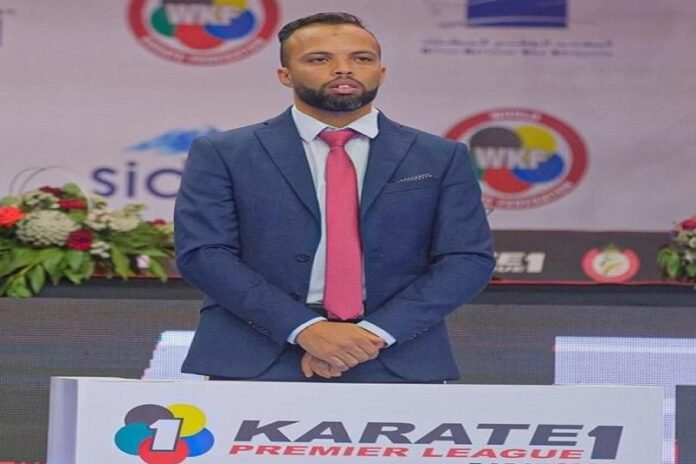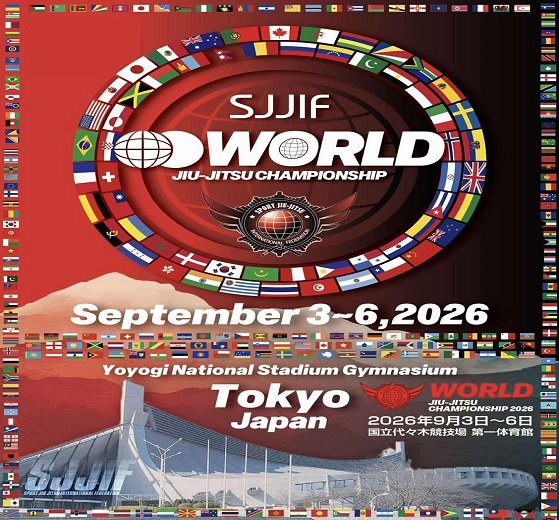The appointment of Moroccan coach Abdelkabir Derroui as the national coach of South Korea’s karate team (senior kumite squad) is a pivotal moment. It is not merely a one-off professional achievement, but a sign of a broader landscape showing that Moroccan talent deserves a prime place on the international sporting map—despite domestic constraints that drive thousands of hopefuls to leave home in search of opportunities abroad.
A model of grit and creativity: from the Moroccan countryside to the heart of Asia
Derroui’s journey exemplifies national energies that, despite limited local support and facilities, have managed to leave a clear mark. As an athlete, he achieved national and continental success, and then went further as a coach, leading Morocco’s karate team to notable results at African and Arab events . After later disappearing from Morocco’s technical setup, offers poured in from Arab and European countries, before he chose the tougher path: coaching the team of a country where martial arts thrive, on Asian soil.
A deeper reading: why emigration and withdrawal from the local scene happen
-
Lack of incentives and advanced infrastructure: although modern national training centers have been established in Rabat—such as the one inaugurated in the presence of the international federation’s president as representative—the impact on providing a sustainable professional environment across sports remains limited .
-
Weak recognition and appreciation at home: the sports system still focuses more on popular disciplines like football, pushing combat sports—despite continental and global achievements—outside the circle of true priorities.
-
Foreign offers with clear professional terms: the South Korean offer represented a priceless opportunity in a country that values training and grants professionals from the Middle East and Morocco a status that ensures real development.
After the achievement: does this moment mark a shift in how talent is valued?
Today, Derroui carries more than the title of coach; he is a bridge between solid Moroccan expertise and advanced professional spaces. Hence the questions:
-
Will this appointment mark the beginning of similar moves by Moroccan experts toward countries that prioritize competence over geography?
-
Could this success prompt Moroccan sports bodies to revisit recruitment and support methods to retain their stars and national ambitions?
Are we witnessing the birth of a new era of Moroccan sports soft power?
This intersects directly with Morocco’s accumulated karate achievements—top finishes in North African championships and leading results at Arab and African events—amassing more than 25 medals of various colors in Algeria, Tunisia, Egypt, and beyond .
Yet the key question remains: will Morocco’s sports systems translate these developments into reality, or settle for belated applause… after talented people have already left the local scene?
An open ending… with deep meanings
Abdelkabir Derroui’s success in crossing geographical and professional boundaries is not just a personal feat. It is a call to us all: put talent at the center, not the margins. If we fail to invest in rooting them at home, then—despite their titles—we will live on the ruins of their dreams abroad.
Will the coming years be known for those who return home, or will we witness more departures of the “rain the neighborhood cannot hear”?



